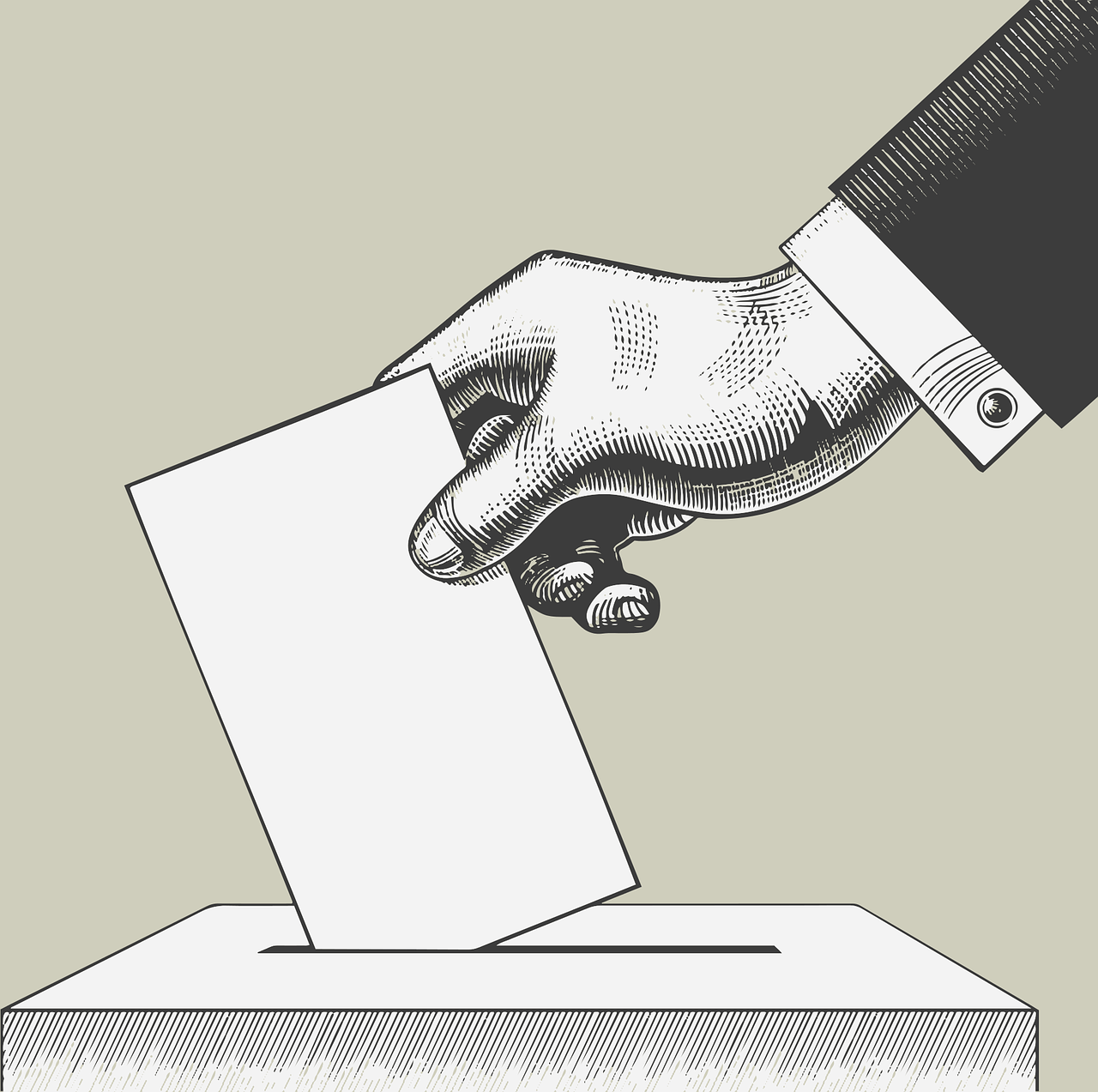The April 2026 election roadmap, unveiled by Chief Adviser Muhammad Yunus on June 6, 2025, aimed to set a clear transition for democratic elections following Sheikh Hasina’s ouster.
But instead of calming tensions, it has intensified doubts: will the election be credible, inclusive, and timely? The BNP’s outright rejection fuels scepticism over whether this roadmap signals genuine democracy or a politically engineered delay.
Bangladesh Nationalist Party (BNP) leaders, including Secretary General Mirza Fakhrul Islam Alamgir, have stated that the April framework constitutes a “betrayal of public aspirations.”
He emphasises that April polls clash with Ramadan, SSC exams, and the monsoon season—complicating election logistics. Fakhrul admonished Yunus for aligning with the student-led NCP and Jamaat, calling it a deliberate attempt to “manage outcomes rather than facilitate a neutral transition.”
BNP’s acting chairman Tarique Rahman warned of “potential unrest” if the election timeline is not advanced—casting doubt on whether the BNP will participate, and by extension, on the legitimacy of the vote itself.
The BNP insists on December 2025 elections, seeking to capitalise on post-Hasina momentum and to prevent the institutional embedding of rivals like the NCP or Jamaat.
They have demanded the removal of politically aligned advisers from Yunus’s cabinet, accusing them of driving an orchestrated delay. Notably, the army chief has supported a December 2025 election, underscoring legitimacy concerns.
While Yunus’s promise to deliver reforms and justice before April 2026 is commendable, achieving those reforms—such as voter list revisions, Election Commission updates, local elections, and human rights inquiries—within nine months is highly ambitious and structurally precarious.
The National Citizen Party (NCP), rooted in the July 2024 student uprising, supports the April timeline only if robust reforms precede the vote.
Convenor Nahid Islam emphasised that without institutional cleansing—like reforming the Election Commission, invalidating flawed past elections under Hasina, and initiating a constituent assembly—“at best, the elections would be a repeat of an old broken system.”
In contrast, Jamaat-e-Islami has displayed flexibility, accepting a window from December 2025 to April 2026, so long as structural justice accompanies the election.
Jamaat chief Shafiqur Rahman stated: “If two roadmaps—one for elections and another for justice and reform—are drawn, remaining issues will resolve themselves.”
Their stance reflects a pragmatic willingness to cooperate with Yunus while facing criticism from secular-left groups regarding the ideological balance of the interim coalition.
Political analyst Rezaul Karim Rony, speaking to Al Jazeera, suggested the timeline exposes internal fractures in the interim government, hinting that adviser appointments may reflect vested interests favouring certain parties, potentially eroding trust in the reform agenda.
Political analyst Zahed Ur Rahman stressed the essential link between competition and legitimacy: “If there’s no real contest, there will be no real legitimacy. A passive fight is no fight.”
The BNP’s rejection of the April roadmap transcends partisan politics—it signals deep structural doubt about the election’s credibility. The April date may be clear, but legitimacy is clouded.
Stakeholders diverge sharply: the BNP demands December 2025 to avoid unfair entrenchment; the NCP demands profound reform; Jamaat seeks to ensure its political return; analysts worry about political fragmentation, military influence, and shifting geopolitical alignments.
For the April roadmap to succeed, visible, inclusive reforms must be delivered by March 2026. Chief political actors—especially the BNP—must agree to participate. The interim administration must actively engage with military concerns.
Without these, the election may happen—but with increasing odds that it won’t be viewed as credible, fair, or inclusive. The April date alone won’t win legitimacy—action, consensus, and trust will.


